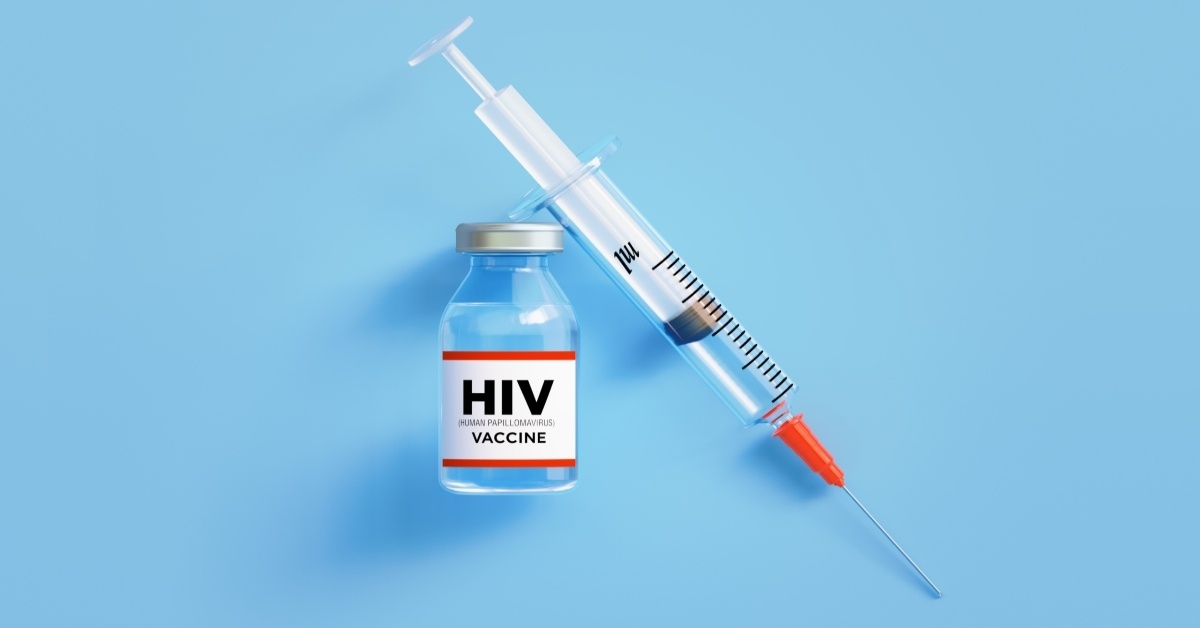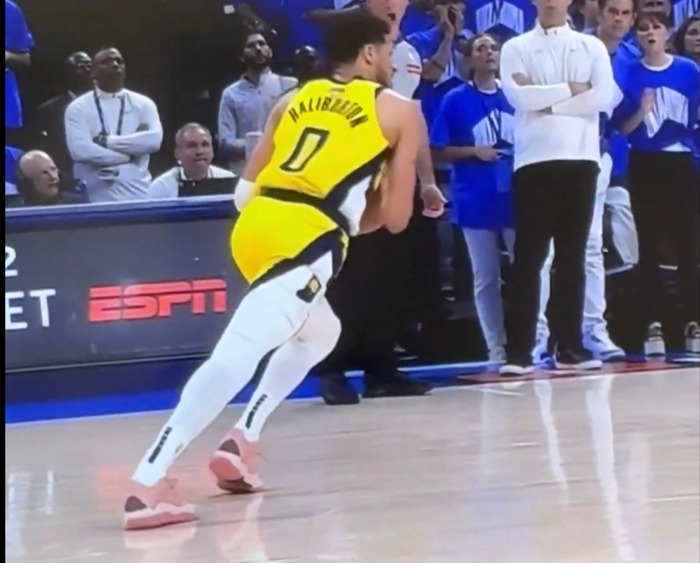Civil rights groups request White House meeting on combating hate-fueled violence
A coalition of civil rights organizations requested a White House meeting to learn more about actions taken since President Biden’s The post Civil rights groups request White House meeting on combating hate-fueled violence appeared first on TheGrio.
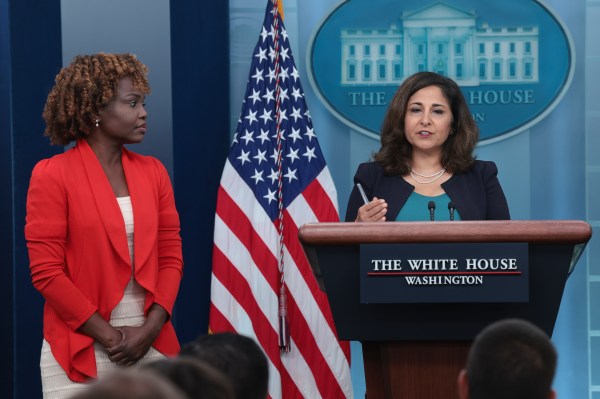
A coalition of civil rights organizations requested a White House meeting to learn more about actions taken since President Biden’s anti-hate summit one year ago.
Civil rights groups requested a meeting with the White House earlier this week and asked for updates on what it has done to address the rise of hate-based violence on the heels of the murders of three Black Americans in Jacksonville, Florida.
In a letter sent to the White House Domestic Policy Council, The Leadership Conference on Civil and Human Rights, a coalition of more than 200 civil rights organizations, requested to meet with the White House Initiative on Hate-Motivated Violence ahead of the one-year anniversary of the United We Stand Summit that President Joe Biden hosted on Sept. 15, 2022.
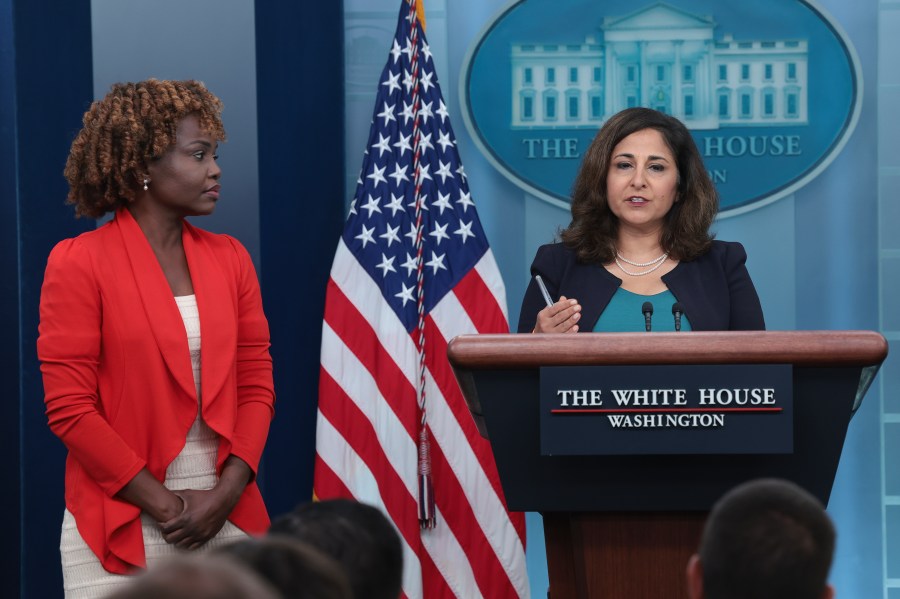
Last year’s summit gathered civil rights groups, policymakers, law enforcement, faith-based organizations and survivors of hate attacks. Attendees discussed substantive actions that can be taken to address a rise in hate-based killings since 2019 that was identified through FBI data.
In addition to the summit, the Biden-Harris administration formed the White House Initiative on Hate-Motivated Violence and announced actions it would take to prevent hate-fueled violence.
Those actions included working with educational institutions to prevent hate and bullying, increasing access to federal prevention resources and assisting financial institutions and law enforcement to detect and combat the financing of domestic extremism, among others.
In the letter addressed to Neera Tanden, the White House domestic policy director, the coalition of civil rights groups also requested a public report detailing progress made on the “ambitious government initiative.”
“Public reporting is an important way to promote transparency, and it’s also important to continue to engage communities,” Nadia Aziz, senior director of the fighting hate and bias program at The Leadership Conference, told theGrio. “We want an all-of-government approach. So requesting this meeting is just another step towards advancing that priority.”
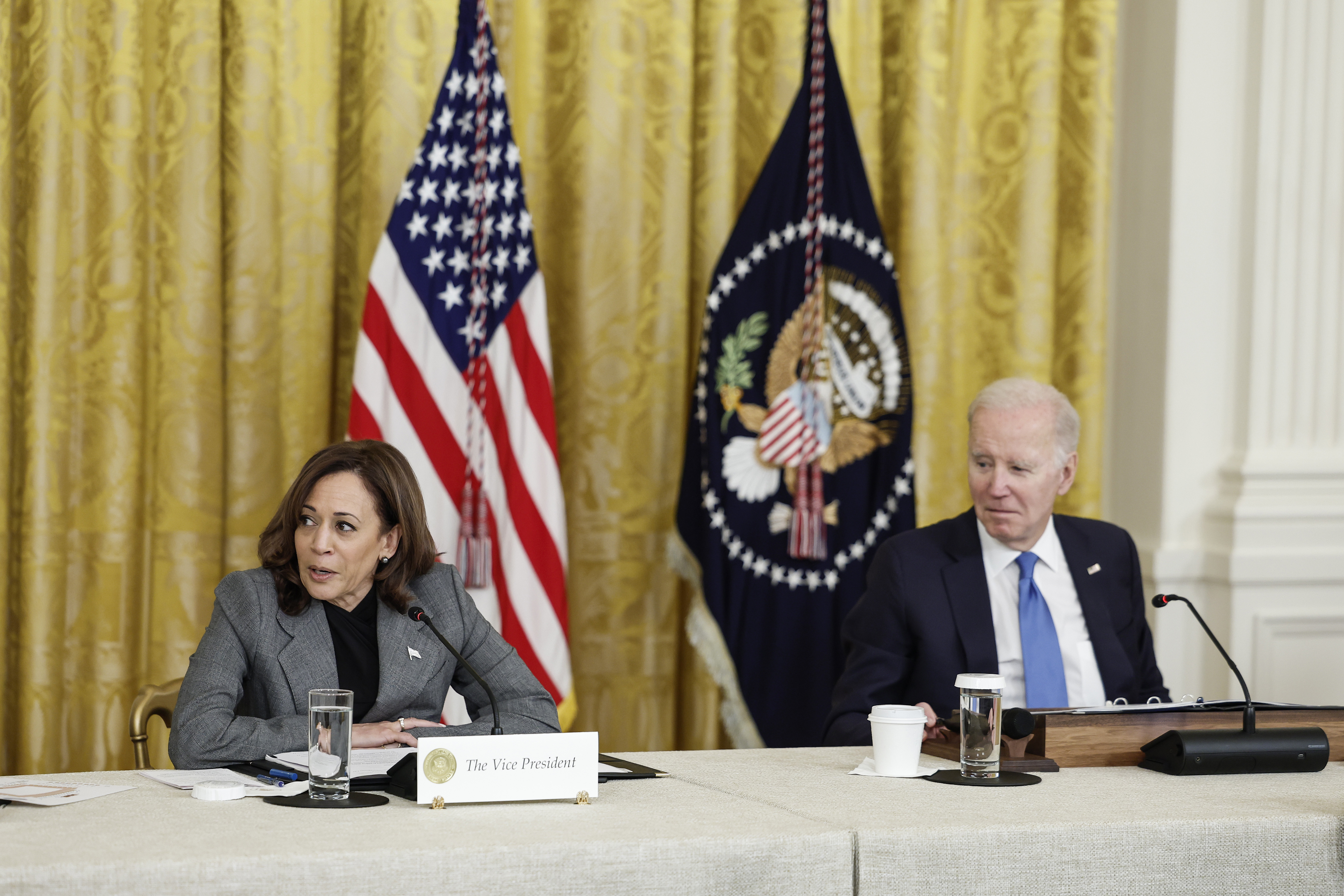
While the Department of Justice has convicted more than 80 defendants for committing hate crimes since Biden took office, civil rights groups are calling for other federal agencies to do their respective work to prevent hate-based violence that is overwhelmingly committed by white men who harbor white supremacist or neo-Nazi beliefs. For example, the Department of Housing and Urban Development could improve public education on anti-harassment rules in housing.
“A lot of hate crimes happen or start as arguments between neighbors,” Aziz said. “There’s so much that can be done to help inform people and to help us better respond.”
Aziz said what is most needed is more data on hate crimes, which has been challenging to collect on the local level.
“Hate crimes and hate violence have been occurring since before the United States was founded. And even though we have a lot of information about them, we still need more information and more data,” she told theGrio.
Civil rights organizations have been calling for mandatory hate crime data reporting by law enforcement agencies in order to use that data to understand better when and how hate crimes happen.
“There are long-term effects, not just for survivors of hate crimes [and] people who’ve lost family members, but also the community as a whole,” Aziz explained. “There’s so much more that can be done to better understand this and help inform how we respond.”
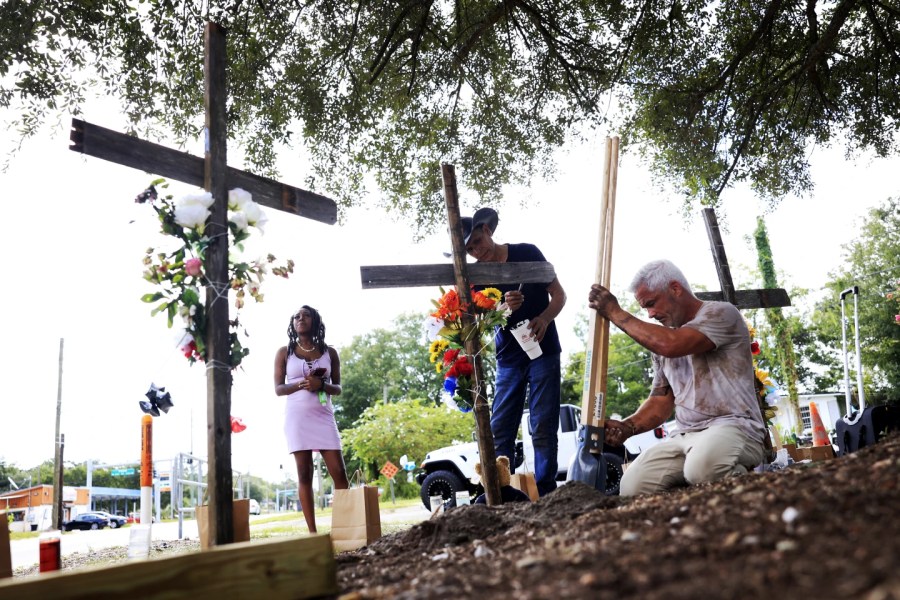
Another challenge to combating hate-fueled violence is the use of online platforms by extremist groups and white nationalists to both organize and finance their movements.
Amy Spitalnick, an expert on domestic extremist trends, told theGrio that “there’s no question that social media and broader online platforms have been central to the rise [in] hate-based violence.”
Spitalnick, who successfully brought a lawsuit against domestic extremist groups and leaders connected to the Charlottesville violence in the wake of the Unite the Right rally in 2017, said she is particularly concerned about how online platforms are used to finance white nationalist groups.
“Over the last few years, there has been a significant increase in the use of cryptocurrency and similar currencies among these extremist groups,” said Spitalnick, who serves as CEO of the Jewish Coalition for Public Affairs and senior advisor at Human Rights First.
“We’ve seen that among the defendants in the Charlottesville case. We’ve seen that among other domestic extremist groups,” she shared. Spitalnick said other online crowdfunding platforms like Give Send Go are also being used to raise money for domestic terrorism activity.
In their list of actions to combat hate-fueled violence, the White House directed the Treasury Department’s Office of Terrorism and Financial Intelligence to develop reports and resources on such financing to help inform the public and private sectors.
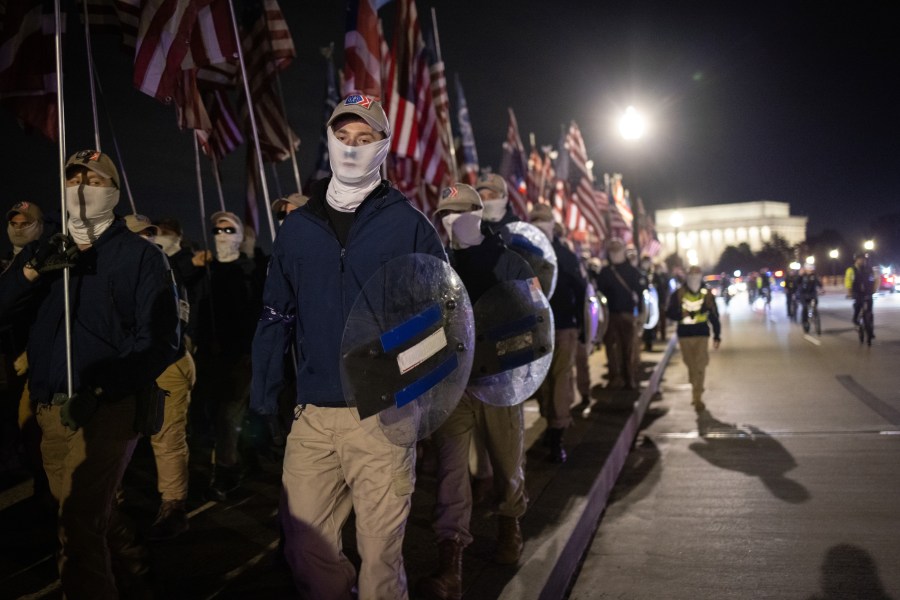
In a statement provided to theGrio, the White House acknowledged the recent “horrific mass shooting” in Jacksonville, Florida, “reminds us all that this work remains as urgent as ever.”
“Since the Summit, the Biden-Harris Administration has been working to improve communities’ ability to prevent, respond to, and recover from hate-fueled violence, and we will continue providing additional information about these efforts soon,” the statement continued.
The Leadership Conference said it hopes to directly engage with the White House to learn how these actions have been implemented and share that progress with the public.
On Friday, marking the 1-year anniversary of the United We Stand Summit, the White House released a lengthy fact sheet listing the multi-agency actions it has taken over the past year.
Those actions include prioritizing civil rights violations and hate crimes within the Justice Department and $32 million in grants issued by the DOJ for law enforcement agencies, community organizations, and civil rights groups for investigations, support services and research.
The administration also launched its United Against Hate program in 94 of its U.S. Attorney’s Offices, as well as grants and guidelines issued by the Departments of Education and Health and Human Services for HBCUs and other higher institutions to both respond to and prevent hate-fueled violence, among several other actions.
The White House did not confirm a meeting as requested by The Leadership Conference; however, a Biden-Harris official noted with theGrio that the White House regularly meets with civil rights leaders and organizations.
Aziz said the letter and its requests are intended to “hold the administration and all government officials accountable for making sure they’re keeping us safe and speaking out against white nationalist ideologies.”
She added, “There’s a lot that can be done, and we’re all in this together. It takes an all-of-society approach.”
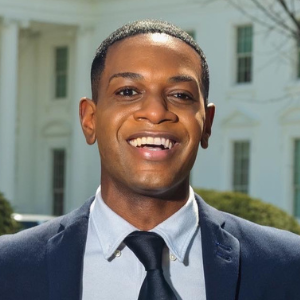
Gerren Keith Gaynor is a White House Correspondent and the Managing Editor of Politics at theGrio. He is based in Washington, D.C.
TheGrio is FREE on your TV via Apple TV, Amazon Fire, Roku, and Android TV. Please download theGrio mobile apps today!
The post Civil rights groups request White House meeting on combating hate-fueled violence appeared first on TheGrio.









